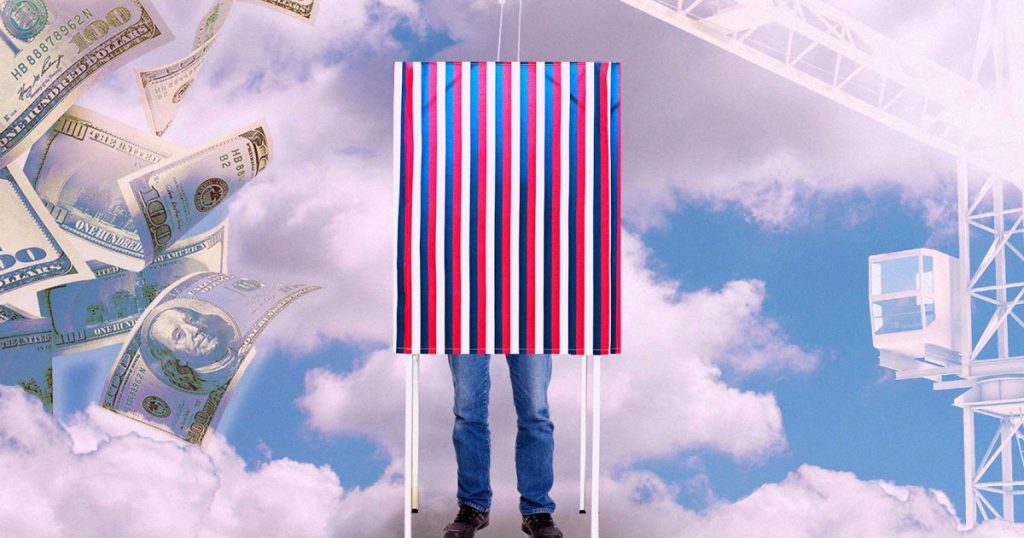The 47th president of the United States will inherit a robust economy, with economic output on a two-year winning streak, low unemployment, and strong consumer confidence. The upcoming election between Vice President Kamala Harris and former President Donald Trump will determine who will be entrusted with the economy moving forward. Despite lingering scars from the pandemic and inflation concerns, pay raises are outpacing inflation, giving workers more spending power. However, essentials like grocery prices continue to rise, impacting household finances.
Consumer spending has been a key driver of economic growth, with the economy expanding at a rate of more than 2.4% in all but one quarter over the last two years. While there are signs of improvement in consumer confidence, many Americans are still grappling with high prices, especially in essential sectors like shelter, services, and healthcare. Despite feeling the economic strain, consumers continue to spend, gravitating towards discounts and bargains to make ends meet.
Issues like quality child care, soaring homeowners insurance rates, and unaffordable property markets are exacerbating economic challenges for many Americans. The soaring cost of child care is forcing many families to make difficult decisions, while disasters like wildfires and hurricanes have driven up insurance rates, leaving many homes uninsurable. The spike in mortgage rates and historically low property supply has made homeownership increasingly unattainable for many buyers, with prices reaching record highs in many areas.
Both presidential candidates are discussing living costs and have outlined proposals on key issues like elder care, child care, and housing. However, voters are not hearing detailed plans on major issues amid the daily cycle of outrage and hyperbole. Despite the positive economic indicators, there is a disconnect between the Goldilocks economy and voter perceptions, with little credit being given to President Joe Biden and a need for Vice President Harris to establish credibility on economic matters in the campaign’s final stretch.
The recent jobs report, which showed meager payroll gains due to labor strikes and hurricanes, has become a focal point for the economic debates between the two campaigns. The Trump campaign has criticized the economic performance under the Biden-Harris administration and vowed to fix the issues, while the Harris campaign has remained focused on broader economic policies. With millions of ballots already cast and Election Day approaching, voters will ultimately decide which candidate they trust to navigate the country’s economic landscape, with the winner benefiting from strong economic tailwinds entering the Oval Office in January.












